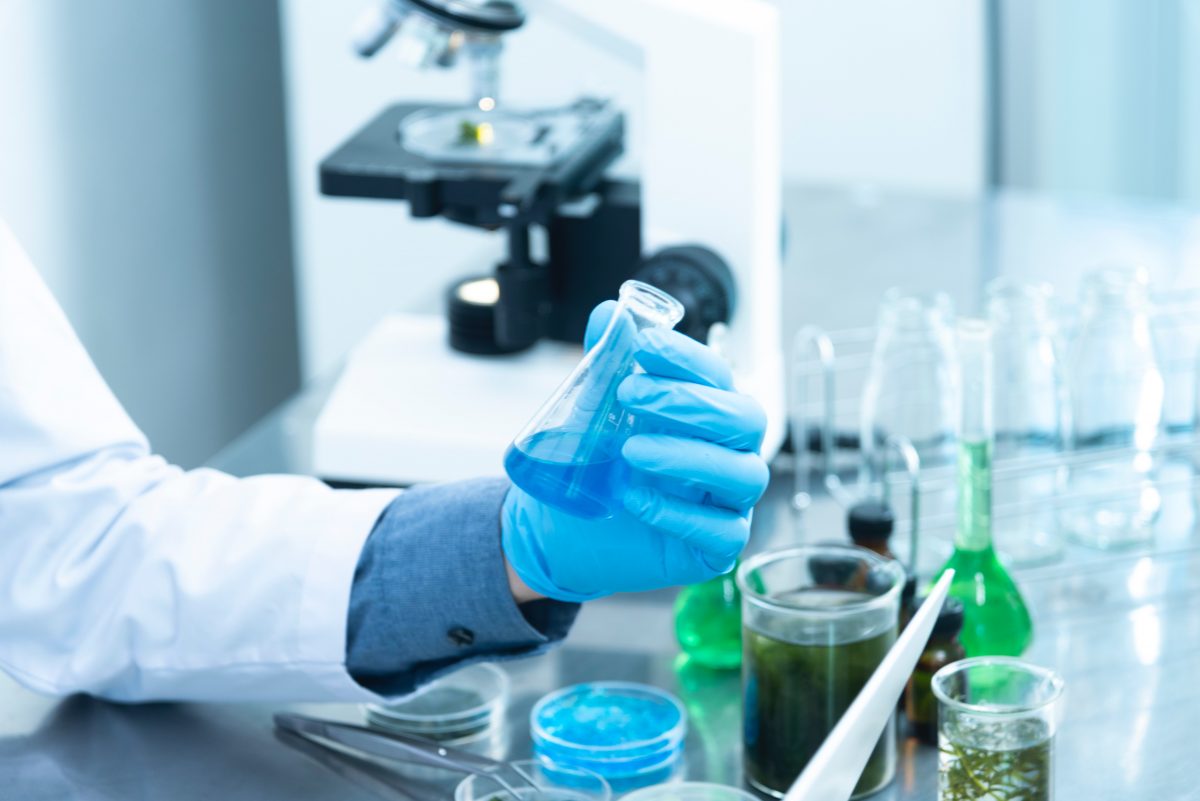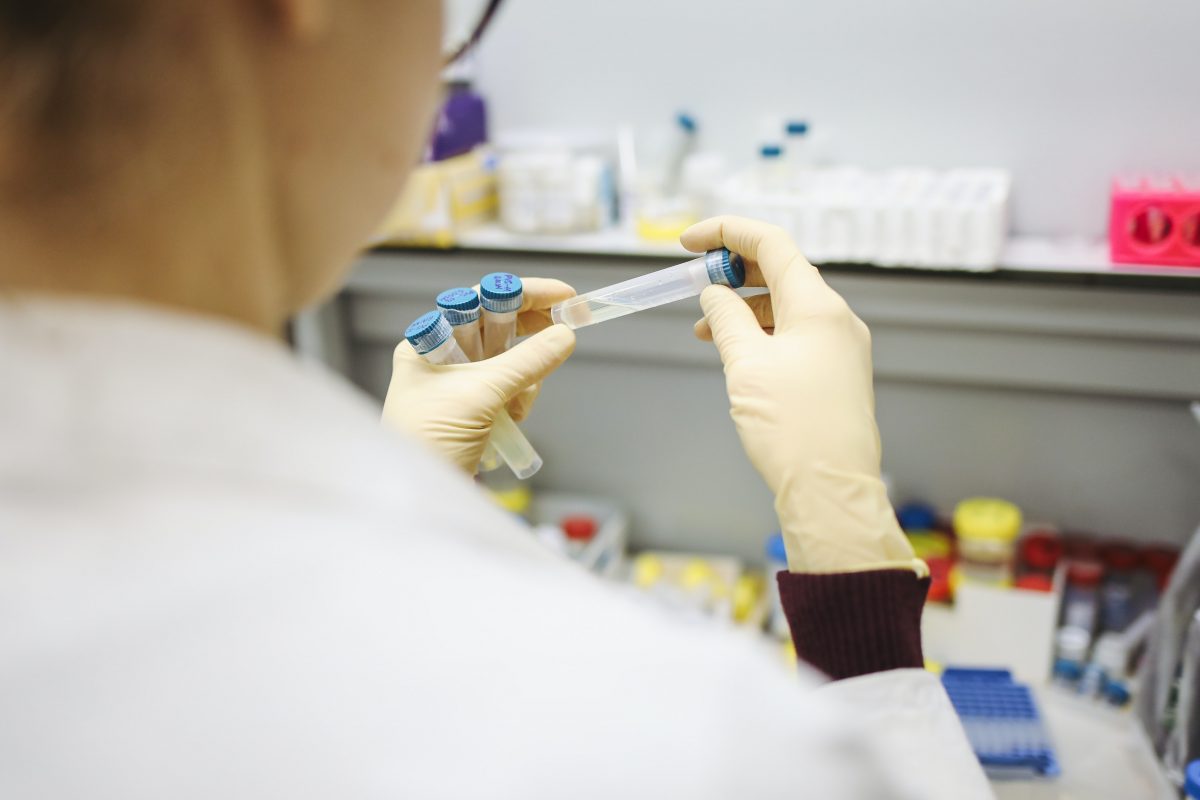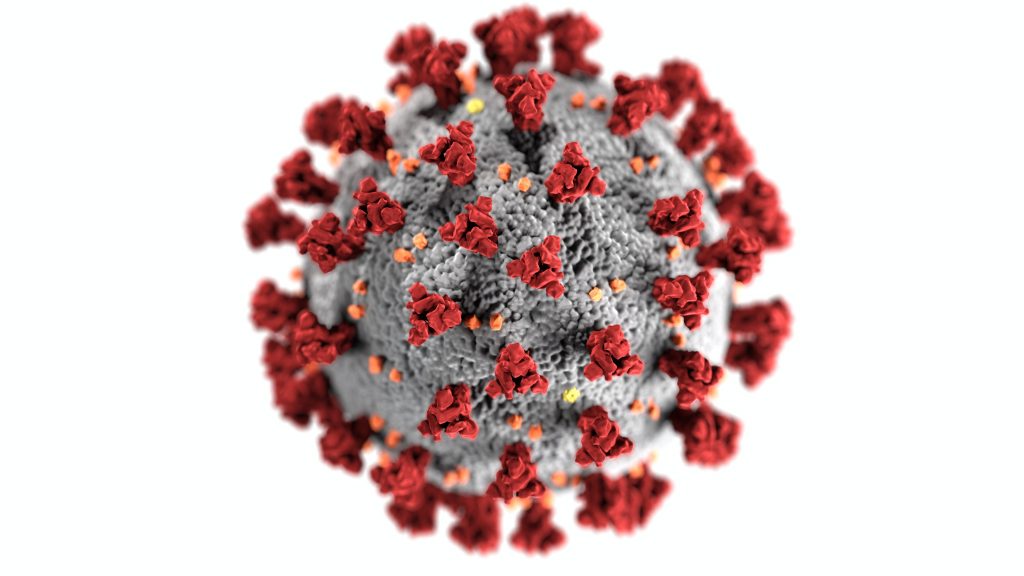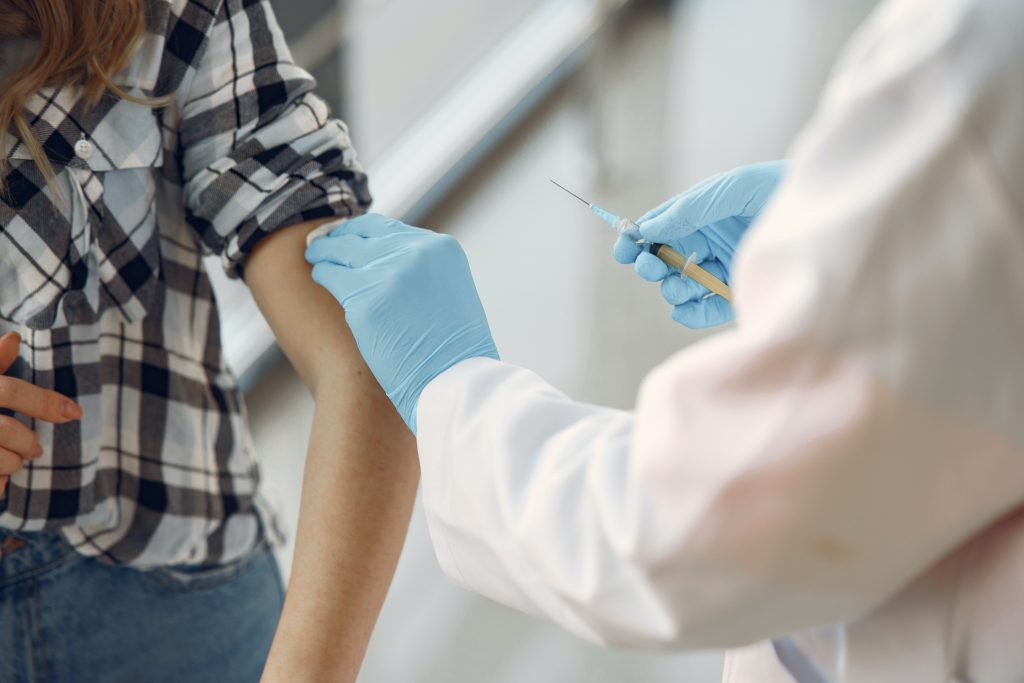Even with COVID vaccines, people who are obese may still be a population who are highly vulnerable to COVID-19.
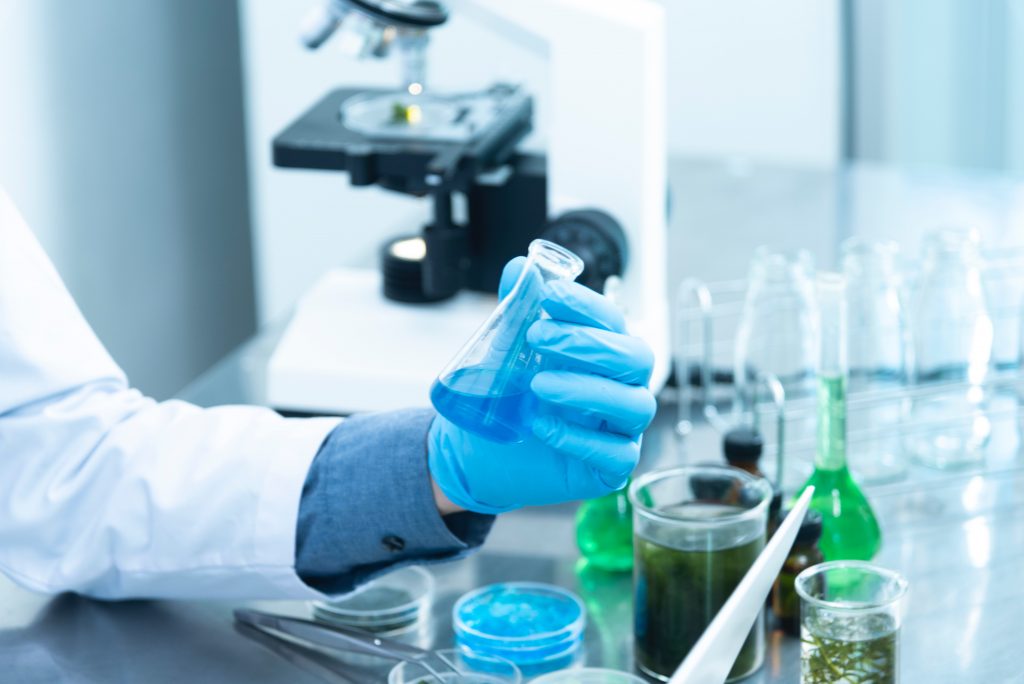
It has been reported that obesity is linked with risk factors for severe COVID-19 symptoms. Since March 2020, studies after studies have poured in from countries around the world reaching the same conclusion. People who are obese are more likely to die from COVID-19 than are those of normal weight, even when factors such as diabetes and hypertension are taken into account.
According to Nature Research Journal vaccines might not be as effective in people who are obese, a population already highly vulnerable to COVID-19.
About 42% of Americans are obese, which poses quite a challenge for the effectiveness of the long and dearly waited for COVID-19 vaccination. Around the globe, a general expectation is when we have the vaccine we will have a strong shield against COVID-19. For the obese, the bad news is vaccine may not be as good of a shield for as it is for non-obese people. It is already established that for people with underlying conditions COVID-19 could manifest complications. Obesity is linked with diabetes, heart disease and other risk factors for severe COVID-19 symptoms, so it is not just obesity but the conditions and diseases that generally go along with it.
Obesity is also linked to less-diverse populations of microbes in the gut, nose and lung; with altered compositions and metabolic functions compared with those in lean individuals. Those gut microbes can influence the immune responses to pathogens and to vaccines. This hypothesis is backed by studies of vaccines against influenza, Hepatitis B and rabies, which have show reduced responses in people who are obese compared with people who are lean.
However some researchers are still unconvinced that obesity will blunt the efficacy of vaccines because those studies on influenza vaccines were relatively small. Even if that is true, there might be ways to compensate for the vaccine shortcomings. One possibility is to give obese people extra doses of vaccine, maybe two or three injections instead of one.
There are currently three leading candidate vaccines currently being tested in large clinical trials. Unfortunately, the trials might not have samples that will allow it to determine whether obesity affects the vaccine response because it depends on who volunteers for the trial. It also depends on how well trial sponsors are at recruiting individuals from under-represented minority groups. In the end the world will still need to wait for data from clinical studies to draw conclusions. However, with the current studies showing an association between the severity of COVID-19 symptoms and obesity, hopefully it can push some governments and their health-care systems to tackle the growing obesity problems in their countries.
If you are at higher risk of COVID 19 complications due to obesity, it is never too late to start a weight loss journey. SureFiz will help you with our intelligent system and program that are all made based on proven studies around obesity. Give it a try now. SureFiz currently offers a limited promotion: subscribe for a 1-year plan and get a life-long plan and a FREE smart scale. Take advantage of it. Subscribe now. Start your weight loss journey and achieve your goals.
Source: Nature 586, 488-489 (2020)




